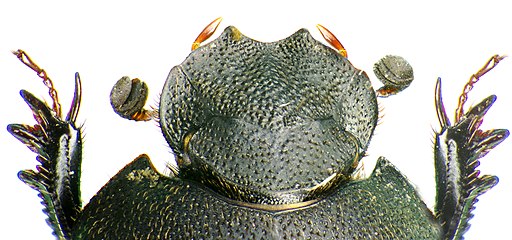Karen Davis is a wonderful, tireless, passionate and invaluable advocate and protectress for animals. I share almost every one of the feelings she expresses in her comment that Marc Bekoff posted.
But, for strategic reasons, and for the sake of the victims that we are all committed to rescuing from their terrible fates, I beg Karen to try to pretend to be more optimistic. I will explain
Karen Davis, UPC: Every single objection to the experimental use of animals – vivisection, genetic engineering, etc. – has been ignored and overridden by the scientific industry
This is true, except that there is no “scientific industry”: there is industry and there is science, and some scientists sometimes collaborate or even collude with industry. But scientists are more likely to be persuaded by evidence and ethics than are industrialists.
KD: …and this is not going to change no matter how morally obnoxious, heartless and cruel to the members of other species.
That there is a monumental, monstrous, and unpardonable amount of human moral obdurateness, heartlessness and cruelty toward other species is patently and tragically and undeniably true.
But that “this is not going to change” is just an (understandably bitter) hypothesis based on countless years of unremitting (and increasing) suffering inflicted on other species by humans.
The hypothesis may or may not be true.
So I think we should not proclaim the hypothesis as if it were true – as true as the fact of human-inflicted suffering itself. The hypothesis cannot help the victims, for their only hope is that the hypothesis is false. And if the hypothesis is false, proclaiming it is true can harm the victims by promoting a self-fulfilling prophecy that could discourage activism as futile.
KD: The majority of human beings are completely speciesist and regard (other) animals as inferior to ourselves and fit to be exploited for human “benefit” including mere curiosity.
This is alas numerically true. But it does not follow that the hearts of the majority cannot be reached, and opened. There are many historical precedents for this in wrongs that humans have inflicted on humans (colonialism, feudalism, slavery, bondage, genocide, warfare, torture, rape, subjugation of women, infanticide, racism). It cannot be said that these wrongs have been eradicated, but they have been outlawed in the democratic parts of the world. Nor can it be said that the majority of human beings either practices or condones them.
It is still legal, however, to do all these things (colonialism, feudalism, slavery, bondage, genocide, warfare, torture, rape, subjugation of females, infanticide, racism) to other species. And it is true that the vast majority of human beings either do some of these things or consume their products. But there is evidence also that in the global information era we are becoming increasingly aware and appalled at these practices, and condoning them less and less. It is toward this awakening that activism is having a growing effect.
KD: The majority of human beings… regard (other) animals as… fit to be exploited for human “benefit” including mere curiosity.
True, but here (in my opinion) is the conflation that we activists should avoid at all costs:
With the vast majority of humanity still supporting the bondage and slaughter of animals, despite the total absence (in most parts of the world) of any necessity for human health and survival (-H), just for taste, fashion and fun, this should never be conflated with life-saving biomedical measures (+H).
People still demanding bondage and slaughter for -H uses certainly won’t renounce it for +H uses. Conflating the two can only strengthen the resistance to renouncing either. The call to renounce +H can only expect a serious and sympathetic hearing once -H has been renounced (or is at least far closer to being renounced than it is today).
(This is not at all to deny that much of biomedical research on animals, too, is -H, as Kathrin Herrmann and many others are showing, should be exposed by activists as such, and should be abolished. But any implication that it was wrong to try to save the life of this dying man is not going to encourage people to renounce -H. I believe it would be more helpful to use it to draw the -H/+H distinction, and to point out that -H — unlike +H — has no moral justification at all.)
KD: Among the latest animal-abuse crazes is the factory-farming of octopuses. Of course! We just HAVE TO BE ABLE TO EAT THESE ANIMALS!
Of course eating octopuses (“sea food”), whether factory-farmed or “naturally” harvested and slaughtered, falls squarely under -H use, alongside the use and slaughter (whether factory-farmed, “traditionally” farmed, or hunted) of whales, seals, fish, chickens, ducks, geese, turkeys, pigs, cows, calves, sheep, goats, lobsters, crabs, shrimp, mussels… any sentient species that is not necessary for human +H.
KD: The human nightmare is too overwhelming and it cannot be stopped although those of us who care about animals and object to how viciously we treat them must continue to raise our voices.
Yes, let’s continue our activism on all fronts to protect the tragic victims from our anthropogenic horrors, but, please, for the sake of present and future victims, no matter how frustrated and impatient (and angry) we feel that the horrors keep persisting, let us not proclaim the hypothesis that they are “too overwhelming and cannot be stopped.”


